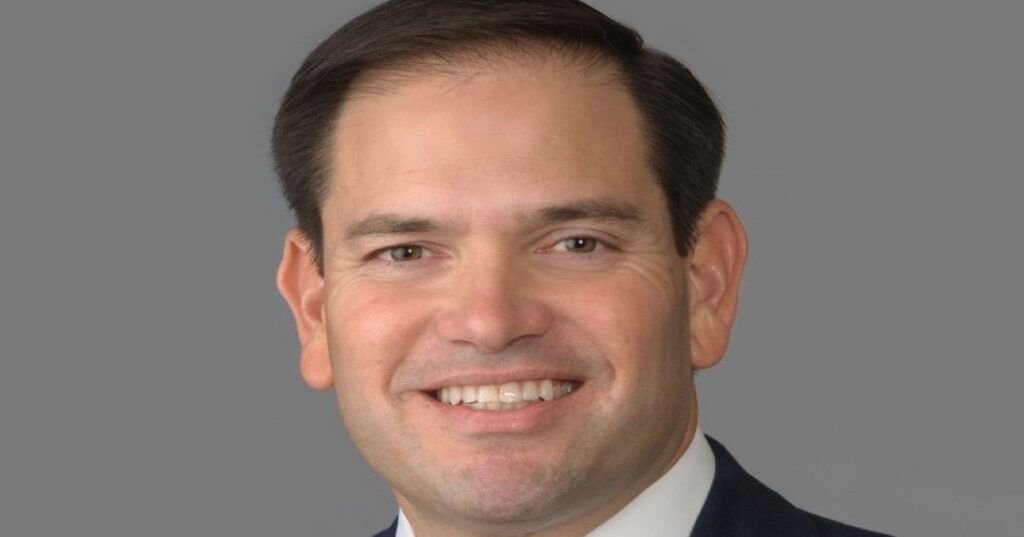This article explains the recent Israeli Knesset vote to apply Israeli law in parts of the West Bank, the U.S. Republican response from Secretary of State Marco Rubio and Vice President JD Vance, and why the Trump administration has been clear that formal annexation is off the table. It covers the basics of who lives there, how international actors view the settlements, and direct statements from U.S. officials about the risks to regional stability. The piece keeps the key quotes intact and places the preserved embed where it originally appeared.
The Israeli parliament approved a preliminary measure to apply Israeli law in areas of the West Bank, a move critics call annexation. That vote marks the first of several required steps and came while high-level American officials were engaged with regional partners. Republican leaders in the U.S. have pushed a clear line: symbolic votes are one thing, formal annexation that undermines historic deals is another.
Observers note that the West Bank holds a large number of Israeli settlers and has long been at the center of peace talks. “A bill applying Israeli law to the occupied West Bank, a move tantamount to annexation of land that Palestinians want for an independent state, won preliminary approval from Israel’s parliament on Wednesday . . . The vote was the first of four needed to pass the law and coincided with Vance’s visit to Israel, a month after Trump said that he would not allow Israel to annex the territory it took in the 1967 Middle East war.” That context matters for U.S. policy and for the Republican viewpoint that favors stability and commitments kept by allies.
There are significant facts about the population on the ground that shape why this is a sensitive issue. “There are around 700,000 Jewish settlers living in settlements across the West Bank. The United Nations and much of the international community consider the settlements illegal under international law. Israel’s government cites biblical and historical connections to the West Bank, territory that it regards as disputed, and opposes the establishment of a Palestinian state. The settlements are an explosive issue that has for decades been seen as a major obstacle to Middle East peace.” Those numbers and positions explain why any move toward annexation triggers broad diplomatic responses.
President Trump made his stance clear publicly, saying annexation would not happen because he had given his word to Arab countries and warned of consequences. From a Republican angle, keeping promises made to regional partners bolsters U.S. credibility and prevents a cascade of instability. The administration’s message has been straightforward: support Israel, but avoid unilateral actions that blow up negotiated arrangements.
As we will see, Vice President JD Vance has also released a public statement on the matter. The timing of the Knesset vote while American envoys were active in the region explains why Washington reacted quickly and bluntly. The U.S. response reflects a mix of standing support for Israel and a pragmatic insistence that major policy moves happen in coordination, not as headline-grabbing stunts.
Secretary of State Marco Rubio spoke out after the Knesset vote, stressing the administration’s concerns about how the move could threaten peace deals. Rubio framed it as a vote that could complicate diplomacy rather than a settled change in policy. His message linked back to the president’s prior assurances and sought to keep the lines of communication open with both Israeli leaders and regional partners while pushing back on unilateral escalation.
I mean, that’s a vote in the – yeah, that’s a vote in the Knesset, but obviously I think the president’s made clear that’s not something we’d be supportive of right now, and we think it’s potentially threatening to the peace deal
Vice President JD Vance put the administration’s position in even sterner terms, calling symbolic moves pointless if they contradict U.S. policy. From this Republican perspective, symbolic votes that risk undermining long-standing commitments are both unnecessary and dangerous. The administration insists that the West Bank will not be annexed under current U.S. policy and that it expects allies to honor those lines.
If it was a political stunt, it was a very stupid political stunt and I personally take some insult. The West Bank is not going to be annexed by Israel. The policy of the Trump administration is that the West Bank will not be annexed by Israel. That will continue to be our policy. If people want to take symbolic votes, they can do that. But we certainly weren’t happy about it.
Keeping the peace in the region remains the administration’s primary objective, which is why Republican officials traveled to the Middle East to reinforce commitments and de-escalate tensions. The message is clear: the United States stands with Israel, but it also insists on predictable, coordinated policy moves that avoid blowing up fragile agreements. That balance is the core of the Republican approach to this episode.



